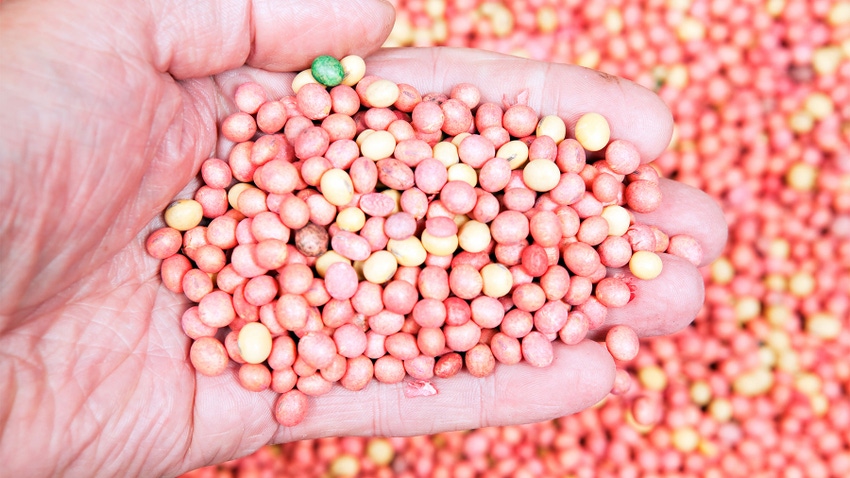
It appears New York farmers have dodged a bullet on a potential ban on neonicotinoid-coated seeds.
Gov. Kathy Hochul recently signed into a law the “Birds and Bees Protection Act,” but it has some critical exceptions for agriculture, says Jeff Williams, director of public policy for New York Farm Bureau.
Among the exceptions:
Farmers will be able to use neonicotinoid-coated seeds uninterrupted until 2029.
After 2029, farmers will be able to apply for two-year waivers to use neonic-treated seeds.
The two-year waiver process will likely be permanent.
Williams says the Department of Environmental Conservation, and the Department of Agriculture & Markets, will come up with final regulations allowing farmers to use neonicotinoids past 2029, likely including mandatory training in Integrated Pest Management and to show a need for its use, but nothing yet has been finalized.
In fact, nothing about the reported compromise is final, although Williams says he expects final legislative language sometime late this month or early next month.
The bill was originally introduced just before the end of the 2021 legislative session by Sen. Brad Hoylman, who represents Manhattan, with many of its co-sponsors either from New York City or Long Island.
It originally included an outright ban on the use of neonicotinoid-coated seed by 2027, and it eventually passed the Assembly and was placed in front of Gov. Kathy Hochul earlier this year. But it had been in limbo on Hochul’s desk until the compromise was announced just before the end of the year.
“The governor definitely seemed motivated to find more of a compromise that would help agriculture, which is wonderful," Williams says.
“The governor wanted to preserve her agency’s authority to regulate pesticides, and so she wanted to keep it with DEC. And the Legislature went along with it,” he adds.
Producers feared that a ban on neonic-coated seeds would force them to use more foliar sprays or chemistries that are more harmful to beneficial insects.
Neonicotinoids have long been the target of environmental groups and activists who believe their use has, at least partially, led to the demise of honeybees and other important pollinators.
The state has a history of siding with environmental groups on these types of issues. For example, the state has banned glyphosate from being used on state-owned property. There have been attempts to pass a statewide ban on glyphosate before, and Williams says he expects someone in the Assembly or Senate will likely propose another ban during this year’s session.
But the appetite for passing these types of bills might be waning, he says, especially since the governor, at least partially, sided with agriculture on neonicotinoids.
"I think in this day in age in New York state, to have a governor that can stand up and say, no, agriculture is important, we are a competitor nationally and globally, and we can't … be an island among our competitors when it comes to controlling pests in fields. … She did a pretty good job of balancing sides and preserved her agency's authority to regulate pesticides, and farmers can still continue to use the product,” he says. “I think that's probably the best we can hope for in New York state."
Read more about:
SeedAbout the Author(s)
You May Also Like






